UV Water Treatment & Descalers
-
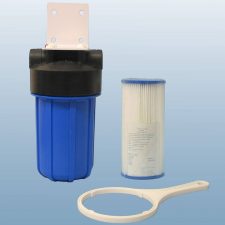
Polyphosphate Descaler
From: £140.00 (excl VAT)
From: £168.00 (inc VAT)
-
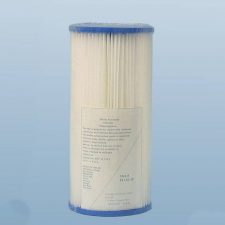
Spare Polyphosphate Cartridge
From: £54.00 (excl VAT)
From: £64.80 (inc VAT)
-
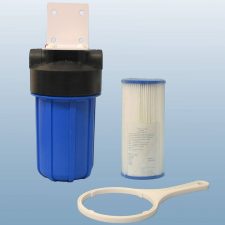
Sediment Pre-filter
From: £130.00 (excl VAT)
From: £156.00 (inc VAT)
-
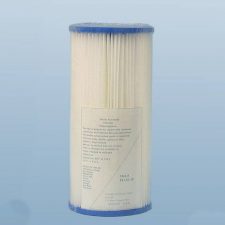
Spare Sediment Cartridge
From: £45.00 (excl VAT)
From: £54.00 (inc VAT)
-
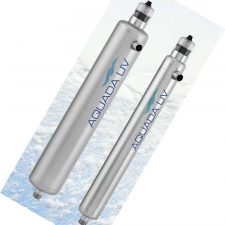
Aquada Proxima UV Light
From: £1,220.00 (excl VAT)
From: £1,464.00 (inc VAT)
-
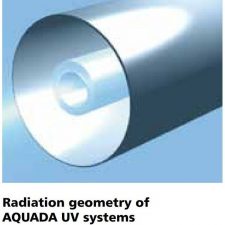
Aquada Proxima Replacement UV Light
From: £160.00 (excl VAT)
From: £192.00 (inc VAT)
UV water treatment is a cutting-edge technology that employs the power of ultraviolet light to purify water, making it safe for consumption. This environmentally friendly and chemical-free process has gained widespread recognition for its efficiency in eliminating harmful microorganisms, ensuring clean and potable water for homes, industries, and communities. In irrigation UV water treatment is used to destroy potentially harmful organisms that can cause respiratory illnesses; this is necessary where the water droplets will be atomised into a spray and be in contact with people – for example raising the humidity in a plant greenhouse.
At the core of UV (Ultraviolet) water treatment systems are specialized UV lamps that emit ultraviolet light at a specific wavelength. This wavelength, typically around 254 nanometres (nm), is exceptionally effective at disrupting the DNA of microorganisms, including bacteria, viruses, and parasites, rendering them incapable of reproduction and causing their demise. Unlike chemical treatments, UV doesn’t introduce any harmful by-products into the water, making it a safe and sustainable method for disinfection.
The UV process is relatively simple. Water flows through a chamber where UV lamps are installed. As the water passes by, it is exposed to the UV-C light, and within seconds, harmful pathogens are neutralized. This method provides rapid and thorough disinfection without altering the water’s taste, odour, or chemical composition.
One of the primary advantages of UV water treatment is its ability to target a wide range of microorganisms, including those resistant to chlorine and other chemical disinfectants. It effectively inactivates chlorine-resistant pathogens like Cryptosporidium and Giardia, which can cause severe waterborne illnesses.
Furthermore, UV water treatment systems are cost-effective in the long run. While initial installation costs may be higher compared to traditional methods like chlorination, they require minimal maintenance and have lower operational expenses, as there is no need for the purchase and storage of chemicals.
UV water treatment is highly reliable, offering consistent water quality regardless of fluctuations in water source quality. It also operates without the need for significant contact time or complex infrastructure, making it suitable for both point-of-use and large-scale applications.
In summary, this technology is a robust, eco-friendly, and efficient solution for ensuring safe and clean drinking water. Its ability to neutralize a broad spectrum of pathogens without chemical by products makes it an increasingly popular choice for ensuring water safety in homes, municipalities, and industries worldwide. As the demand for sustainable and reliable water treatment methods continues to rise, UV stands at the forefront of modern water purification technologies.